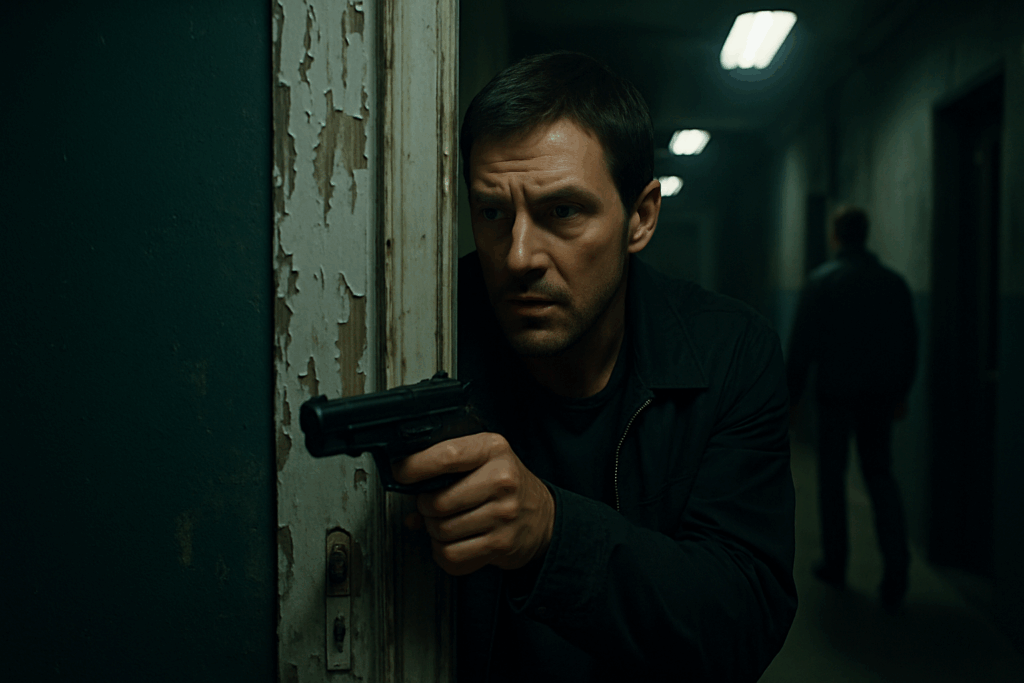
In an era of information saturation, the pursuit of wisdom can feel both more urgent and more difficult than ever. The grand, foundational questions that have haunted humanity for millennia—about meaning, morality, and existence itself—often get lost in the noise of daily life. Yet, a new kind of public square for intellectual inquiry has emerged in an unlikely place: YouTube. Here, a diverse group of creators has built a digital Lyceum, offering accessible, engaging, and often profound introductions to philosophy. They are the new public intellectuals, using animation, narration, and carefully crafted arguments to open their viewers’ minds. For those seeking a crash course in thought, these channels offer distinct paths toward a more examined life.
The Accessible Academics: Structuring the Chaos
For the viewer who desires a structured, almost curricular approach to philosophy, two channels stand out for their academic rigor and pedagogical clarity. They don’t just present ideas; they provide a framework for understanding the entire history of thought.
Crash Course Philosophy is, as its name implies, a rapid, high-energy survey of a typical “Intro to Philosophy” college course. Hosted by Hank Green, the series is characterized by its fast-paced editing, whimsical graphics, and an infectious enthusiasm that makes dense topics feel approachable. Its primary strength lies in its systematic organization. The channel moves chronologically and thematically, covering everything from the pre-Socratics to metaphysics, epistemology, and ethics. A viewer can, in a few hours, gain a functional map of the philosophical landscape. When tackling a subject like existentialism, Crash Course focuses on defining the key players—Kierkegaard, Sartre, Camus—and outlining their core arguments in a clear, digestible manner. The goal is comprehension and intellectual scaffolding. It is the perfect starting point for someone who wants to know what philosophy is and who its major figures were.
Sharing this academic spirit but with a different methodology is Wireless Philosophy (Wi-Phi). A collaborative effort from professors at institutions like Yale and MIT, Wi-Phi presents information in short, animated, lecture-style videos. Each segment is taught by a practicing academic, lending the content an immediate authority. The visual style is simpler than Crash Course, often featuring whiteboard animations that correspond to the lecturer’s points. Its great contribution is its precision. Where Crash Course offers a broad overview, Wi-Phi excels at breaking down specific arguments and thought experiments with scholarly nuance. It is less a single, flowing course and more a library of discrete, reliable explanations. This is the channel for the viewer who wants to understand not just the conclusion of an argument, but each logical step it took to get there.
The Public Philosophers: Applying Wisdom to Modern Life
Another category of channels sees philosophy not as a purely academic subject, but as a practical tool for navigating the complexities of modern existence. These creators bridge the gap between ancient texts and contemporary anxieties.
The School of Life, founded by writer and philosopher Alain de Botton, is perhaps the most prominent example of this approach. Its videos are instantly recognizable for their gentle, therapeutic tone and soothing, minimalist animations. The channel rarely focuses on a single philosopher in isolation. Instead, it synthesizes wisdom from various schools of thought to address specific emotional and psychological challenges: anxiety, heartbreak, career dissatisfaction, and the search for meaning. Its treatment of existentialism, for instance, is less concerned with a historical summary and more with the feeling of an “existential crisis” and how the insights of existentialist thinkers can be used as a balm. The School of Life is prescriptive by nature, offering not just an understanding of the world, but a guide on how to live in it with more self-awareness and less distress.
Similarly, the podcast-turned-YouTube-channel Philosophize This! offers a remarkably comprehensive and accessible journey through the history of philosophy with a clear focus on its relevance. Host Stephen West has a talent for breaking down incredibly complex ideas into conversational, easy-to-follow narratives. The channel proceeds largely chronologically, but West consistently pauses to connect the dots to modern life, asking his listeners to consider how the ideas of, say, the Stoics can inform their own responses to adversity. His approach is that of a dedicated and passionate teacher who wants his audience not just to learn, but to use philosophy as a lens through which to view their own lives. It is ideal for the listener who enjoys deep dives but wants a guide who constantly brings the conversation back to the practical and the personal.
The Contemplative Storytellers: Evoking Awe and Disquiet
Finally, a set of channels uses a more artistic and evocative approach to open the mind’s eye. They are less about direct instruction and more about cultivating a sense of wonder, mystery, and critical thought through powerful narration and visuals.
Pursuit of Wonder creates short, cinematic video essays and fictional stories that explore philosophical and scientific concepts. The channel’s visual identity is a distinct blend of photorealistic graphics, deep colors, and poignant illustration, all set to a calm, measured narration. The narrative structure often takes the form of a parable or a thought experiment, drawing the viewer into a story that subtly reveals a profound idea about consciousness, the nature of reality, or the human condition. It does not teach philosophy in a formal sense; rather, it does philosophy, inviting the viewer into a state of contemplation and questioning.
In a similar vein, though with a darker and more critical tone, is Academy of Ideas. This channel uses a distinctive visual style, combining archival footage, historical paintings, and stark black-and-white animations to explore the ideas of thinkers like Nietzsche, Jung, and Dostoevsky. The narration is somber and authoritative, and the videos often serve as powerful critiques of modern society, exploring themes of conformity, nihilism, and the loss of individualism. Academy of Ideas is not for the faint of heart; its purpose is to provoke, to challenge comfortable assumptions, and to force a confrontation with the more unsettling aspects of psychology and existence. It is the channel for the viewer who is ready to have their worldview shaken, not just expanded.
From the structured lessons of the academics to the therapeutic advice of the public philosophers and the disquieting beauty of the storytellers, YouTube offers a philosophical education for every kind of curious mind. These channels prove that the great questions are not relics of a bygone era, but living, breathing inquiries that can be explored, understood, and integrated into our lives, one video at a time.


